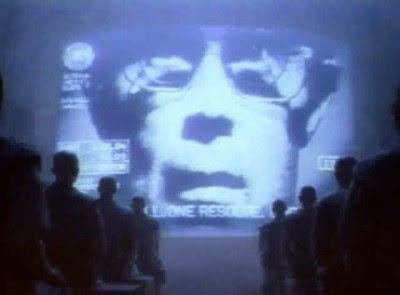
Facebook just bought FriendFeed. The ensuing discussions have been fascinating, they raise the question:
Who owns your words?
There has been a fear that our personal writing, intimately connected to us, will be lost, deleted, stolen. It has happened before! E-minds, is one example, and there must be many more. The cry is Backup! OK. I have just set up this blog to make a weekly digest of my Tweets and the @replys. Good idea. Thanks to Twitter Tools. However it is not enough.
Who owns your relationships?
FriendFeed is a community, there is an invasion, a takeover. We can escape with some of our goods, but we have lost our land, and the community. (I am reporting what I hear, and sense though I have only been a member for a few days.)
“A platform is not a community, it is the people.” He tangata, he tangata, he tangata.
Yes and no. People are splitting off from FriendFeed, to identica, to Facebook to streamy.com, some are staying. There is a turmoil and a community is in stress. And the people were alienated from the decision. By joining a proprietary community we know this can happen, but no one involved the community members. The real value of FriendFeed is the people, but they were simply sold as part of the property. The relations of of the means of community are not reflected in the relations of the community.
If this jargon is not familiar, read the Communist Manifesto on the relations of production (or look here) and the relations on the means of production. Production is social, ownership is private in capitalism.
We are seeing the virtual microcosm playing out the capitalism of the macrocosm.
And of course, the FB / FF takeover has raised these questions and the responses. Dave Winer is particularly warmed up to the issue, leading two important threads.

One is Your Blog Loves You. We can trust a blog because we own it, and not only that, it can’t be sold, so I can trust your blog as well. (well mostly), I can certainly trust the blogosphere as a whole to persist.
Is this a retreat into individualism & denial of community? Not really. The communal space is then the larger blogosphere, with its clustering, and overlapping communities. Bazaars not a cathederal.
The other Dave Winer initiative is: we’ll build one we own!
Permalink
Align the interests of: 1. Users and 2. Investors.
How to do that?
Well, they need to be the same people.
Align the interests of: 1. Users and 2. Investors. How to do that? Well they need to be the same people.
I like the idea, but have misgivings! I’d like to follow up research on online community and the relations of ownership. I will have a look again at Virtual Communities on my bookshelf. Or maybe the current discussion, if you move among the bazaars will do the trick. (See Doc Searls response for example.)
Tom Atlee has just written an excellent item on Town Hall Meetings, notice how important the framework is and how it determines the outcome. Even the simple idea of breaking up into Topic Tables would have a huge impact.
It might pay to start with Engles and his book on Utopias, here is the chapter on Utopian Socialism. I say this because I read it in 1974, after investing 5 years of my life creating and participating in a physical community that was owned by its members. I wish id read it before I embarked on the project!
In conclusion…
Where I am at? The container for dialogue, for community, matters. No one structure or method is best. What suits the purpose.

